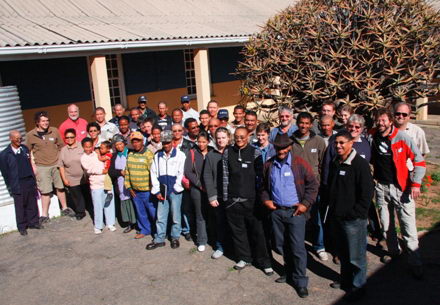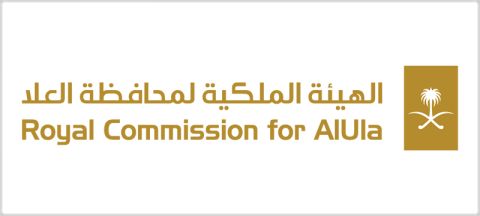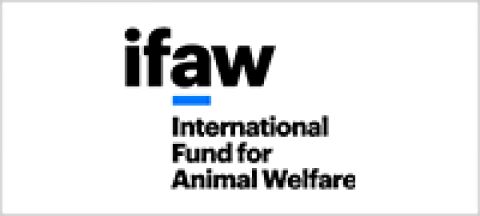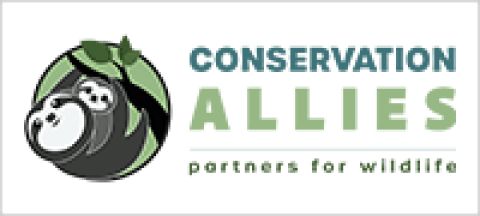
The proposed project also uses a particular methodology, known as Participatory Action Research. In a nutshell, this means that researchers work closely with land users and other stakeholders, and that the research actually leads to action, to decisions in land use and management being taken and then being applied. We will seek solutions, based on thorough research, with the people who live in Namaqualand.
One of the activities during the planning workshop we participated in was a stake-holders workshop. This included commercial farmers, community farmers, municipality representatives, NGOs, and nature conservation - a diversity of concerns and needs...
The role of the Cape Leopard Trust will be to research the impact of various land use and predator management practices on the ecosystem and how this in turn affects land-users. To us, the combination of interdisciplinary and action-based research is extremely exciting.
Quinton and Elizabeth Martins















